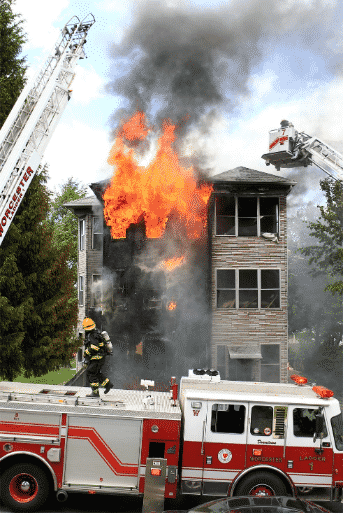Physical injuries such as broken bones or sprains are often easily seen, so you can identify them, receive treatment and get back to work. It’s the unseen injuries that may keep you from returning to the job. Behavioral health disorders, including post-traumatic stress disorder (PTSD), aren’t always as visible as a physical injury.
If you’re struggling with PTSD, you may often wish your mind could forget what your eyes have seen. The onset of PTSD can bring back memories of traumatic calls or a single traumatic event that causes nightmares or recurring flashbacks during the day. Behavioral health disorders can remain hidden from supervisors, peers, family, loved ones and possibly even yourself. You may not share when a call is particularly traumatic or troubling; you may choose to keep the details buried inside in the hopes of protecting your family and friends from what you experience during your career.
One of the biggest problems of an unseen occupational injury such as PTSD is that it’s hard to recognize unless you are aware of the signs and symptoms, which can include:
- Reliving the trauma
- Nightmares
- Flashbacks
- Triggers
- Avoiding situations that remind you of the traumatic event
- Avoiding crowds
- Avoiding driving (especially if the trauma involved a vehicle accident)
- Avoiding watching movies with a similar traumatic event in the plot
- Avoiding seeking help because they don’t want to talk about the trauma
- Negative changes in thoughts and mood
- Distorted beliefs about oneself or the world
- Distorted beliefs about the cause of the traumatic event
- Feeling detached or estranged from others
- Persistent feelings of fear, horror, guilt or shame
- Experiencing hyperarousal and reactivity
- Difficulty sleeping
- Difficulty concentrating
- Being easily startled
- Irritability
It’s important that you, your family, loved ones and supervisors recognize the signs and symptoms of PTSD, among other behavioral health disorders.
In addition to PTSD, you may also be experiencing substance use disorders, including drug and alcohol abuse, to deal with your internal struggles. It can be difficult to differentiate between the symptoms of substance use and behavioral disorders because they sometimes appear similar. Some symptoms of substance use disorder include:
- Loss of sleep
- Anxiety
- Confusion
- Restlessness
- Increased secrecy
- Depression
- Personality changes or mood swings
- Memory loss or blackouts
Mental health and substance use disorders can often be co-occurring disorders. One doesn’t necessarily cause the other, but it’s important to treat both disorders in order to begin on the path to recovery. At the IAFF Center of Excellence for Behavioral Health Treatment and Recovery you can get treatment for substance use and behavioral health disorders.
If you or someone you know struggles with a behavioral health and substance use disorder, help is available. The IAFF Center of Excellence treats co-occurring disorders and is a one-of-a-kind treatment facility that specializes in providing treatment for IAFF members. Call and speak with a representative today to learn more about treatment options that help you take the first steps toward recovery.
Medical Disclaimer: The IAFF Center of Excellence aims to improve the quality of life for people struggling with a substance use or mental health disorder with fact-based content about the nature of behavioral health conditions, treatment options and their related outcomes. We publish material that is researched, cited, edited and reviewed by licensed medical professionals. The information we provide is not intended to be a substitute for professional medical advice, diagnosis or treatment. It should not be used in place of the advice of your physician or other qualified healthcare provider.





